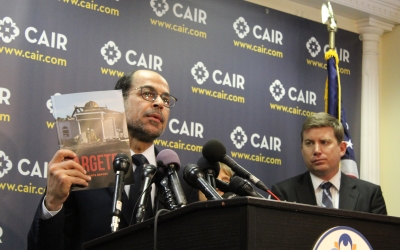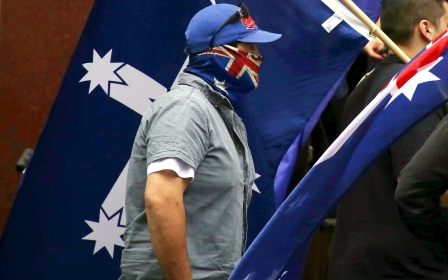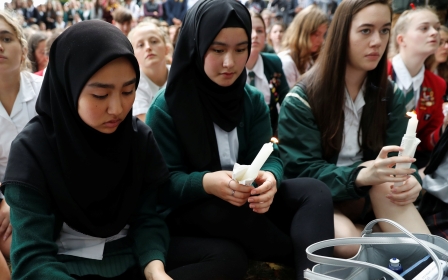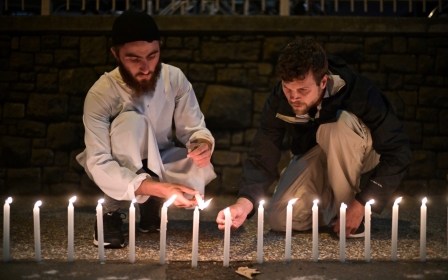Muslim leaders call for end to Islamophobia in wake of New Zealand mosque massacre
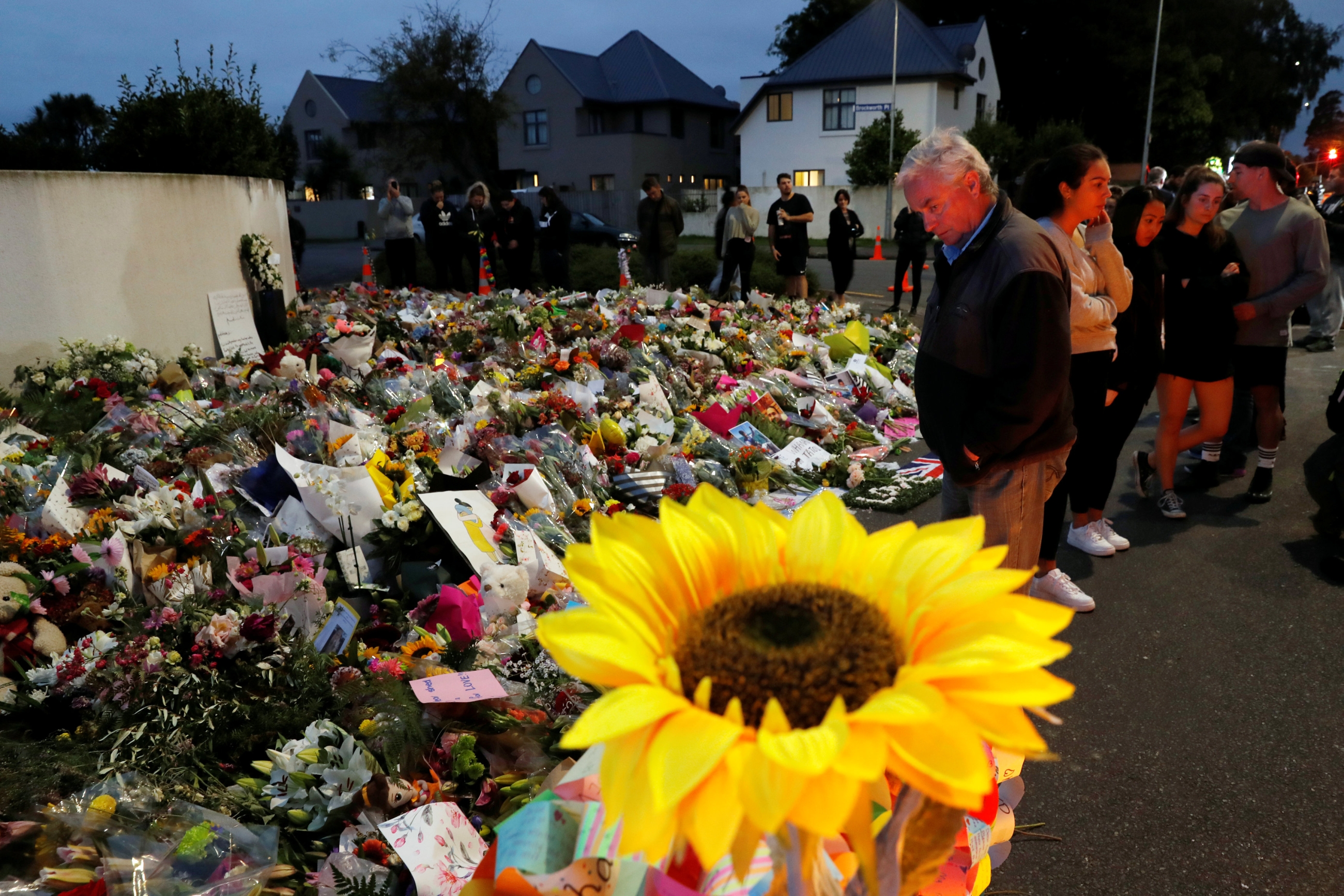
Hundreds of Muslim leaders from around the world have condemned the massacre at two New Zealand mosques, calling on heads of state to halt the spread of Islamophobia.
In a letter published by UK newspaper The Guardian on Monday, the signatories linked last week's attacks on mosques in Christchurch, New Zealand, to a string of recent white supremacist attacks in the United States and Britain.
Their letter specifically mentions an attack on a synagogue in the US city of Pittsburgh in October, the shooting at a black church in South Carolina in 2015, and the attack at the Finsbury Park in London in June 2017.
"If such abhorrent views go unchecked in the media, and indeed within mainstream political discourse and institutions, minority communities of all descriptions will continue to face increasing threats of persecution around the world," they said in their open letter.
The letter was signed by hundreds of Muslim leaders representing communities across the UK, the US, Canada and elsewhere.
New MEE newsletter: Jerusalem Dispatch
Sign up to get the latest insights and analysis on Israel-Palestine, alongside Turkey Unpacked and other MEE newsletters
They went on to say that the attacks in New Zealand were "inspired by Islamophobic media reports, hundreds and thousands of column inches of hatred printed in the press, many Muslim-hating politicians and unchecked social-media bigotry".
At least 50 people were killed when a gunman opened fire during Friday prayers at two mosques in Christchurch on 15 March.
About 50 others also were injured in the attack.
In their letter on Monday, the Muslim leaders also called on politicians to address and combat white supremacist ideologies.
"We call upon the respected governments of the world to realise the dangerous threats posed by far-right groups and white supremacists and to take proactive measures in order to protect and educate citizens," they said.
Footage of the attack on one of the New Zealand mosques was broadcast live on Facebook on Friday and a "manifesto" written by the suspected gunman, in which he denounced immigrants as "invaders", was shared online.
The gunman also praised US President Donald Trump as a "symbol of renewed white identity" in that manifesto.
In the aftermath of the killings, Muslim leaders pointed to anti-Muslim rhetoric from politicians and media alike, as well as a global rise of white supremacist thinking as having played a role in the attacks.
On Friday, Nihad Awad, executive director of the Council on American-Islamic Relations (CAIR), said that as the "leader of the free world", Trump must understand that his policies and statements have international implications beyond the country's borders.
"In many white supremacists' attacks on the American-Muslim community, the attackers cite Trump and cite his policies," Awad said at a news conference in Washington.
Middle East Eye delivers independent and unrivalled coverage and analysis of the Middle East, North Africa and beyond. To learn more about republishing this content and the associated fees, please fill out this form. More about MEE can be found here.


